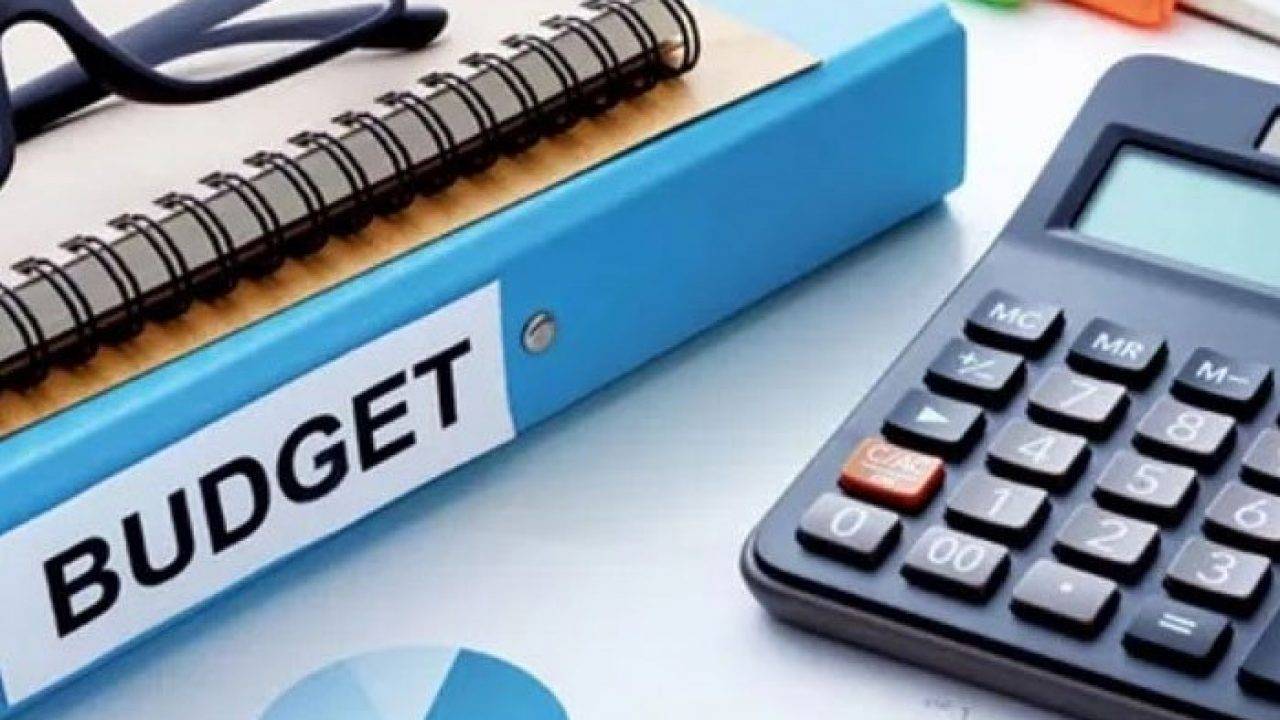
Do you make a plan on how you would spend your hard-earned money or do you just spend your money according to what comes in your mind in the moment? If you don’t have any plan about how to manage your finances, you’ll eventually be in debt, and worse you will not be able to get out of it no matter how big your earnings or your savings may be.
Every day, you need to balance your expenses with your income. This plan is called budget. This spending plan is important because many people don’t realize that they spend more than what they earn. With the help of a budget, you will see clearly how your money goes in and out of your pocket. This way you can prevent slowly sinking deeper into debt each year.
Creating a perfect budget allows you to determine in advance whether you will have enough money to do the things you need to do or would like to do. You can use this planning process to prioritize your spending on the things that are most important to you.
To be on track with your finances, budgeting is the smartest solution that works for most people who value their financial goal and money spending strategy. In reality, it is easy to set a budget but it is something quite difficult to stick to.
Here is a practical guide to help you create a perfect budget.
Prioritize your needs and identify your financial goals.
The very first thing to consider on your budget plan is the need such as expenses on food, utilities, shelter, and transportation. Be organized with your debts, bills, and other financial obligations so you pay them on time. Also, don’t forget to allocate a percentage of your budget for savings.
Create a shopping list ahead of time.
Nowadays, when online shopping or e-commerce is the safest and most convenient way to purchase things, it sometimes leads people to be an impulsive buyer. When people see huge discounts, freebies, cashbacks, and buy-now-pay-later deals, most of them get so overwhelmed that they buy without even thinking first if those things are essential or not. Whether you are shopping online or in a physical store, a shopping list is the best way to prevent impulsive buying. This will help you focus on buying the things that are important. Just make sure to stick to it and never make any changes on it or justify why you need to buy other things that are not on the list.
Buy only the things that you can afford.
Through your budget plan, you will have a foresight of how much you can spend weekly, monthly, or yearly. You should be aware of this limit that you set every time you spend your hard-earned money. If you have credit cards, make sure that you also set limits as the convenience that it gives can tempt you to spend more than what you should. Better if you use cash when shopping for regular necessities. This will help you spend wisely so you avoid additional financial burden through additional fees and interests.
For more guides on budgeting, visit here.
Practice discipline and stick to your plan.
Budgeting does not end once you have made the plan. It is not enough that you have a clear overview of how your budget will work towards your financial goals and security. The most crucial part is that you should live by it. You can make several printouts or hardcopies of your budget plan and post on places that you often see. That way, you imprint your budget plan on your mind which will eventually cultivate the habit of spending your money wisely most of the time.
Don’t feel frustrated and deprived if there will be times that you can’t buy your wants because of your budget plan. Always take note that this is one of your financial goals which will guide you towards what matters most – your financial freedom.








